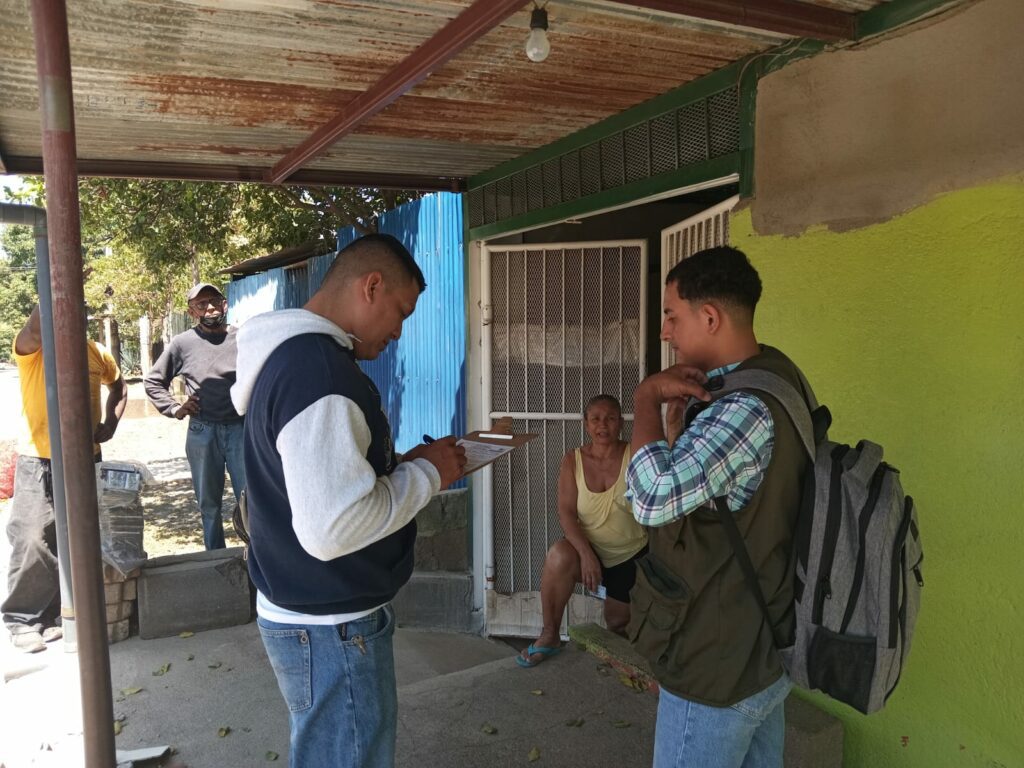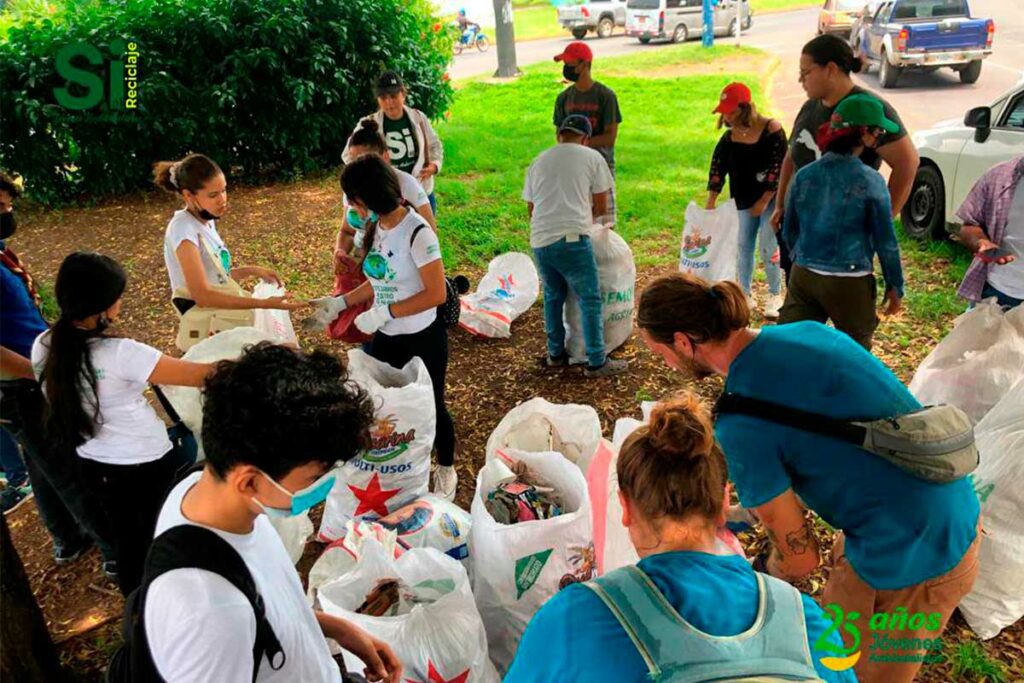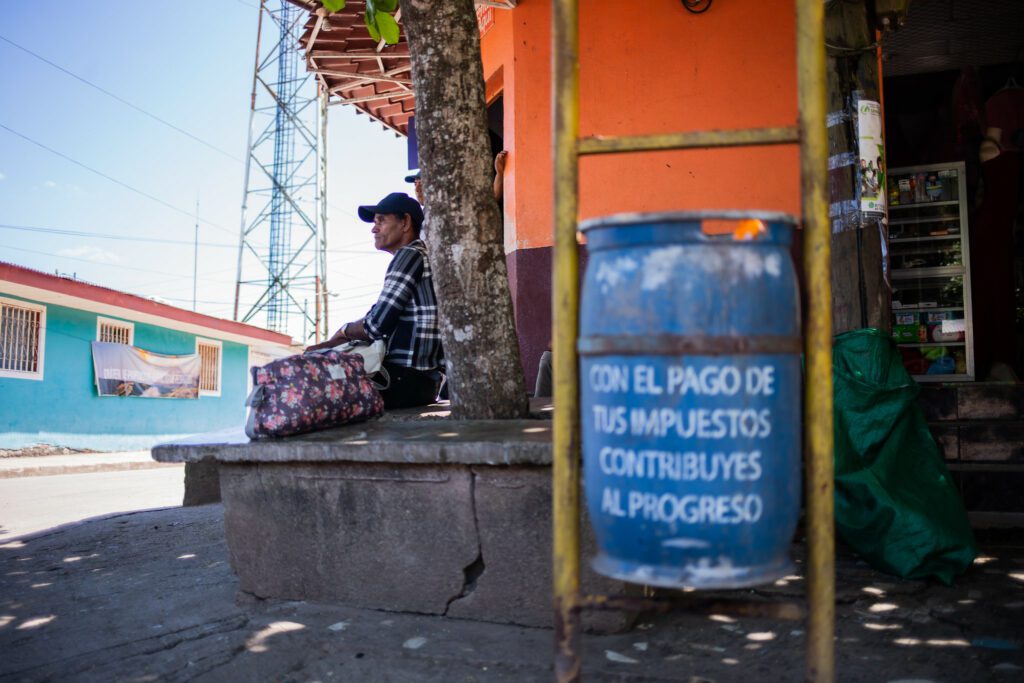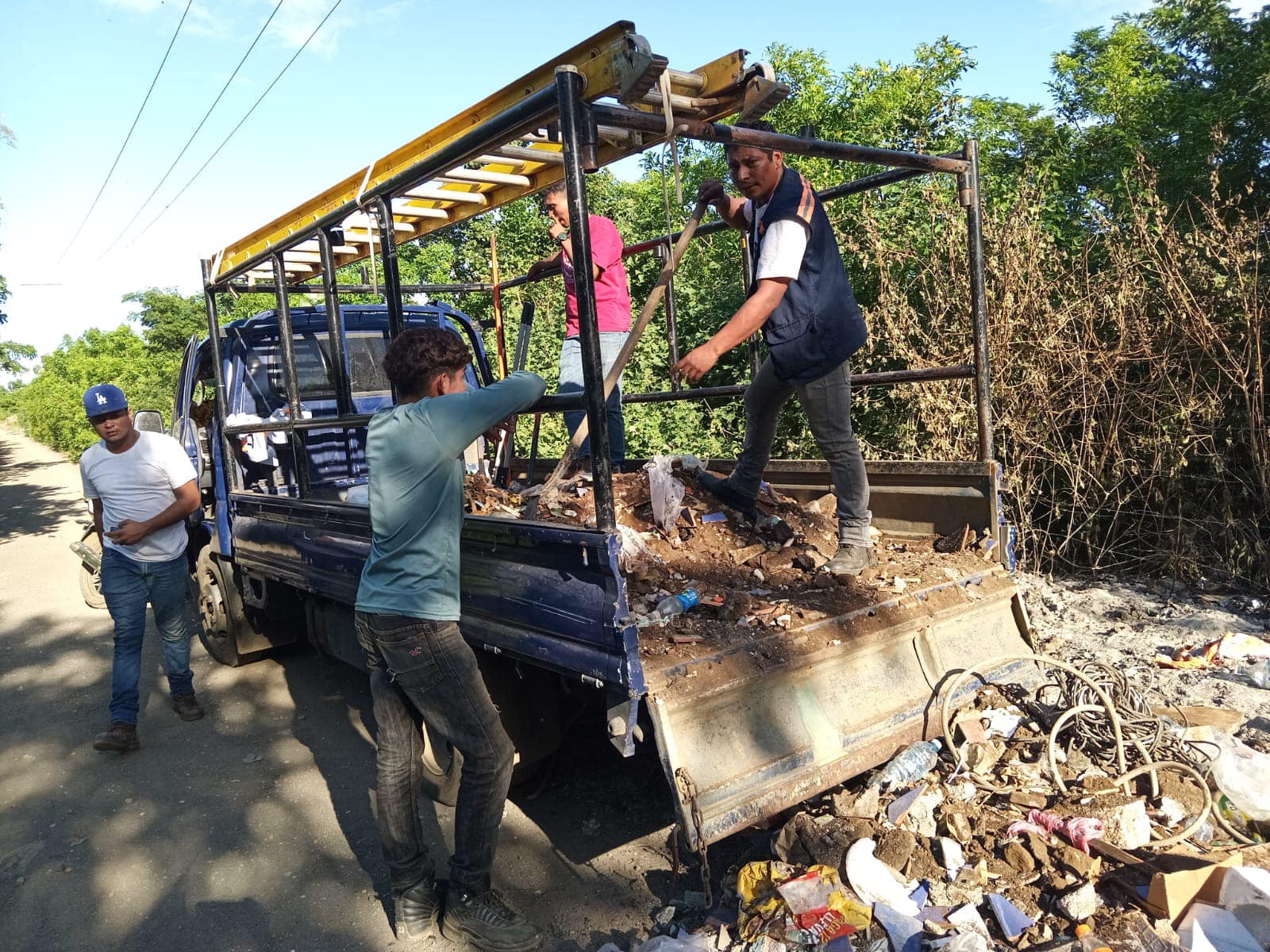The fines for dumping garbage in unauthorized sites by the Mayor’s Office of Managua will not have a deterrent effect without other comprehensive measures that help bury this problem, warns sociologist and political scientist Silvio Prado.
According to the expert, it is not only necessary to raise awareness and have environmental education campaigns from state institutions, but also the inclusion of citizens in coming up with solutions and the restoration of civil and community organizations that have been dismantled by the Ortega regime since 2018.
Since late 2023, the Mayor’s Office of Managua has fined multiple individuals and companies accused of violating ordinance 01-2013, which establishes sanctions for individuals who pollute the environment in any way.
Although the ordinance was created in 2013, it had been scarcely enforced in the past 10 years. However, since last year, the Mayor’s Office of Managua has developed an intense fine campaign, with the highest being 8,000 córdobas in the case of individuals, and up to 50,000 for companies and businesses.
In just the last six months, at least 42 fines totaling more than 351,000 córdobas have been made public, according to a count made by DIVERGENTES based on posts from the campaign’s Facebook page.
While the reasons for the Mayor’s Office of Managua deciding to reactivate ordinance 01-2013 are unknown, this action alone will not end with littering, Prado warns.
“One must ask why they are doing this now. Could it be due to a financial crisis of the municipality, or could it be that they said, enough with littering? We don’t know. What is known is that very rarely a measure alone works without a range of other measures. For example, educating people, but also partnering with the population and involving them in the solutions. That is not being done in our country,” adds the sociologist.
Without citizen support, the problem won’t be eliminated

According to Prado, the lack of citizen support for the initiatives of the Managua Mayor’s Office are direct consequences of the existing democracy deficit, the exclusion of anyone who is not an ally of the ruling party and the excessive political control kept by the Ortega regime over the population. Prado explains that the existence of the Cabinets of the Family, of the Community and of Life, created and promoted by the dictatorship, does not imply the existence of a mechanism for citizen participation. Although the cabinets are presented as local councils where the population can directly participate according to the dictatorship of Daniel Ortega and Rosario Murillo, in reality it is quite the opposite.
“If the municipality believes that through the Gabinetes Familiares it is encouraging citizen participation, it is mistaken. There is an important part of the population that does not feel part of these structures because they are not taken into account; because these are spaces for political meetings that are not used to discuss the garbage problem or the most urgent problems of the population; and because they are used for political control purposes”, he explains.
Community associations and organizations are needed

The practice of dumping garbage in unauthorized dumps will not be eliminated without the restoration of a network of associations and civil society organizations, since these were vital spaces that collaborated with actions and resources to combat this problem, says the sociologist.
“These measures will have little effect until the associative network that existed within the population is reestablished. The entire network of associations destroyed by the dictatorship was a counterpart to institutional efforts. That hole left by the lack of associations has not been, nor will it be filled by the family cabinets, because these cabinets are partisan, not community-based,” he says.
Prado explains that the associations and community organizations worked in the self-management of the needs of their own neighborhoods, and of other districts of the capital with which they established alliances.
He mentioned as an example the case of Jóvenes Ambientalistas (Young Environmentalists), an organization that had been working for 25 years, raising awareness about garbage disposal, participating in garbage collection and treatment, and carrying out other important activities for the conservation of the environment. However, this association was stripped of its legal status in July 2023, and prevented from continuing its community work.
He pointed out that now any community alliance and citizen mobilization, regardless of the motive, is a motive for criminalization. So people do not have the opportunity to fight the issue of garbage.
“People tell us that the best way to confront the garbage problem is to associate within the community, but in the current circumstances, it is not possible to organize, because of repression. The word organization has become a crime in our country,” he says.
“No mayor’s office, no matter how many people it has and how much good equipment it has, is ever going to solve the garbage problem if it does not associate itself with the population. That is public service governance,” he explains.
Dictatorship keeps people from cleaning up their parks

Prado states that the dictatorship’s prohibition against citizen mobilization has reached the point that they have prevented people from organizing to clean their own parks, arguing that it is the municipalities’ obligation.
“In an interview we were told of a case in which the residents joined together to clean a park in an eastern neighborhood of Managua. An inspector from the mayor’s office came to tell them that it was forbidden for people to organize themselves to clean the park. What the dictatorship does through the mayor’s office is eliminate all the population’s collective energy,” he says.
Similar situations have happened with environmental groups and youth organizations that have tried to clean up riverbeds, illegal dumps, vacant lots and other contaminated areas on their own. These initiatives have been stopped by the National Police, the Family Cabinets and other groups related to the dictatorship.
“There are no other institutions, except Marena on occasion, that do this type of actions. People miss the clean-up days and when they felt part of their community, but the mayor’s office is afraid of any citizen mobilization that they do not control,” he says.
For Prado, the prohibition of community environmental actions and the lack of measures to educate on the subject, beyond the application of fines, will cause people and companies to continue dumping garbage in illegal areas.





